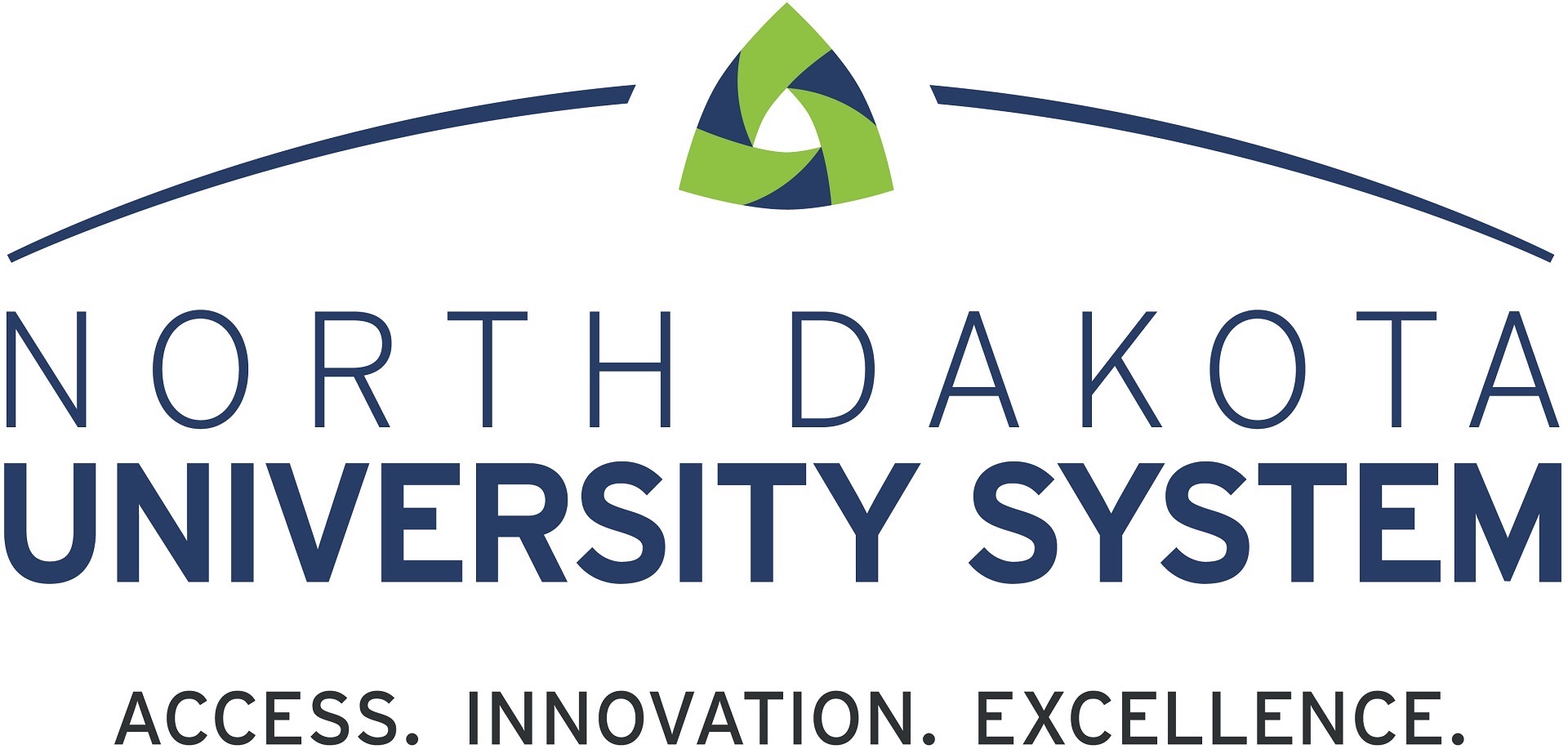
28 Aug Board updated on fall restart, CARES Act
The State Board of Higher Education met again recently for its usual monthly meeting to focus on managing the spread of the novel coronavirus 2019 (COVID-19), among other updates.
Chairman Nick Hacker said it was important for the North Dakota University System (NDUS) to stay the course on testing, and it was vital to care for students, faculty, staff and our campus communities. On that topic, Dr. Joshua Wynne spoke on the NDUS Smart Restart Task Force. He provided perspective on where the state stood, and how the system had acted so far.
“Overall, about 1.4 of the population has been infected since the pandemic began, although it is believed that the actual number of people – based on national and international perspectives – may be 10 times as much,” Wynne said. “That could be one out of a hundred in the five months since the pandemic began.”
Wynne noted that so far, the mortality rate, slightly more than one percent, had been experienced mostly in the elderly population. He said that mortality rate in N.D. was lower than the national or international average but was still 10-15 times higher than the mortality rate of influenza. He noted that rates of infection were typically higher in young people, where the risk of mortality was lower but the risk of spreading the infection was far higher.
“Even though infecting a fellow young person may not present high risk, the impact to the community could be far greater,” he added, noting that hot spots had happened in Burleigh and Grand Forks counties, with the latter occurring since fall re-opening. “We’re still trying to find out if the students who are infected were infected elsewhere or in Grand Forks.”
According to Wynne, the testing opportunities were robust, although there had been events where tests had been leftover.
“With the help of student leaders, the base number of tests has improved,” he said. “The way we can limit the spread is identifying who’s positive, then doing isolation, contact tracing and quarantine. The overall positivity rate of those students who were tested is above the state average.”
Wynne added that if they were to extrapolate those statistics to the greater system, that could mean there are as many as 2,000 students in the university system who could be positive but don’t yet know it. Currently, the state had reached a testing capacity of roughly 8,000 tests per day, which allowed both continued testing throughout the system while not taking resources away from the state’s many other communities.
Board vice chair Dr. Casey Ryan asked about the turnaround time for the tests. Wynne said it ranged from 18.5 to 25 hours at the campus level. Student member of the Board Erica Solberg asked if there were predictions on future hotspots. Wynne responded that close contact from classrooms, resident halls and cafeterias likely meant that risk would be higher on campuses than elsewhere. Faculty advisor Dr. Liz Legerski asked about testing availability by campus, as well as reporting of positive cases by campus. Wynne said he felt that testing availability should have been dynamic enough to meet the needs of all campuses and added that he couldn’t speak to local reporting on positive cases.
Vice Chancellor of Administrative Affairs/Chief Financial Officer provided an update on CARES Act funding. She expressed gratitude to the governor and legislature for the additional funding, which allowed the NDUS to continue operating safely. She said the extra money had helped fund medical and protective supplies and services/staffing; equipment, supplies and services/staffing for expanded cleaning and disinfection of public areas and facilities; bipolar ionic equipment and enhanced HVAC filtration; and expanded behavioral health & tele-mental health services.
Interim Vice Chancellor of Strategy and Strategic Engagement Jerry Rostad guided the Board through Goals 3-5 of its strategic plan, touching on potential metrics that could be changed such as Metrics 1.1 and 1.2, which had both tracked point-in-time initiatives and were completed. Hacker noted that the annual Board retreat, which had been postponed due to COVID-19 concerns, would likely occur as a hybrid-type meeting next month on Sept. 23-24.


